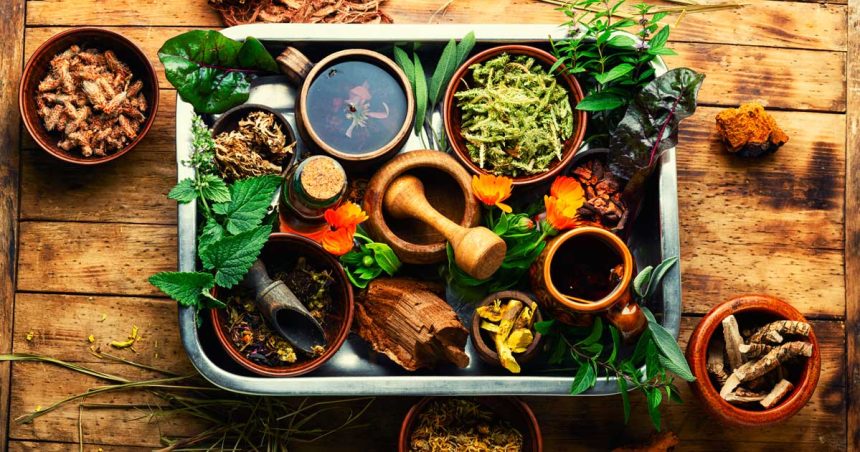You may have noticed that doctors take blood pressure readings before examining patients. It is required because blood pressure in the body is critical to the body’s correct functioning. You may have seen the reading 120/80 mm Hg and are aware that this is the normal blood pressure result. What does this value mean? Let us continue reading to learn more about it.
Hypertension Symptoms
High blood pressure can cause a variety of symptoms, including:
Extensive headache
Confusion
Fatigue
- Advertisement -
Heartbeat irregularity
Chest pounding and discomfort
Nervousness
Dizziness
Nosebleeds
Having trouble breathing
Sweating
Ayurvedic treatment for hypertension (high blood pressure) and to protect kidney health
Ashwagandha:
It contains adaptogens, which assist the body in coping with stress and anxiety. It is ingested as a combination in water to relax the mind. According to the Ayurvedic specialist, the powdered form can be ingested daily. Ashwagandha blossoms have diuretic and aphrodisiac qualities and are used to improve fertility as well as treat kidney ailments such as kidney stones.
Tulsi:
It is sacred as well as Ayurvedic in nature. Because it is high in antioxidants, it aids with blood pressure regulation. You can drink the Tulsi tea or chew on the leaves.
Garlic:
Garlic has therapeutic properties that can help lower blood pressure. Raw cloves eaten daily can help you get relief from your symptoms.
Honey:
Drinking honey water daily relaxes the blood vessel walls. Warm water should be combined with 2 teaspoons of honey. Regular lemon juice with honey relieves kidney stone pain and dissolves kidney stones swiftly.
Arjuna:
Arjuna consumption reduces plaque buildup in the blood vessels. Hypertension can be treated with the powdered form. However, it must be eaten on an empty stomach. Arjuna’s aqueous bark extract aids in the treatment of kidney illnesses such as uremia. Because of its high antioxidant activity, this protects the kidney from oxidative damage.
Triphala:
Because it has anti-inflammatory characteristics, it has a variety of health advantages. It relieves blood vessel strain and regulates excessive blood pressure levels.
Jatamansi:
Rich in antioxidants, it protects the arteries from damage and can help maintain blood pressure levels. It is also useful in the treatment of urinary tract and kidney infections.
Amla:
Amla contains chemicals that lower blood pressure and dilate blood vessels. It can be consumed fresh or in the form of juice.
Ajwain:
It controls high blood pressure levels. A pinch of raw ajwain after meals can be advantageous since it aids in the activity of stress hormones, lowering tension and ultimately controlling blood pressure levels. Ajwain possesses antilithiatic properties and reduces the likelihood of kidney stone formation. According to one study, the antilithiatic protein found in Ajwain seeds inhibits both calcium oxalate and calcium phosphate deposition, hence preventing kidney stone formation.



